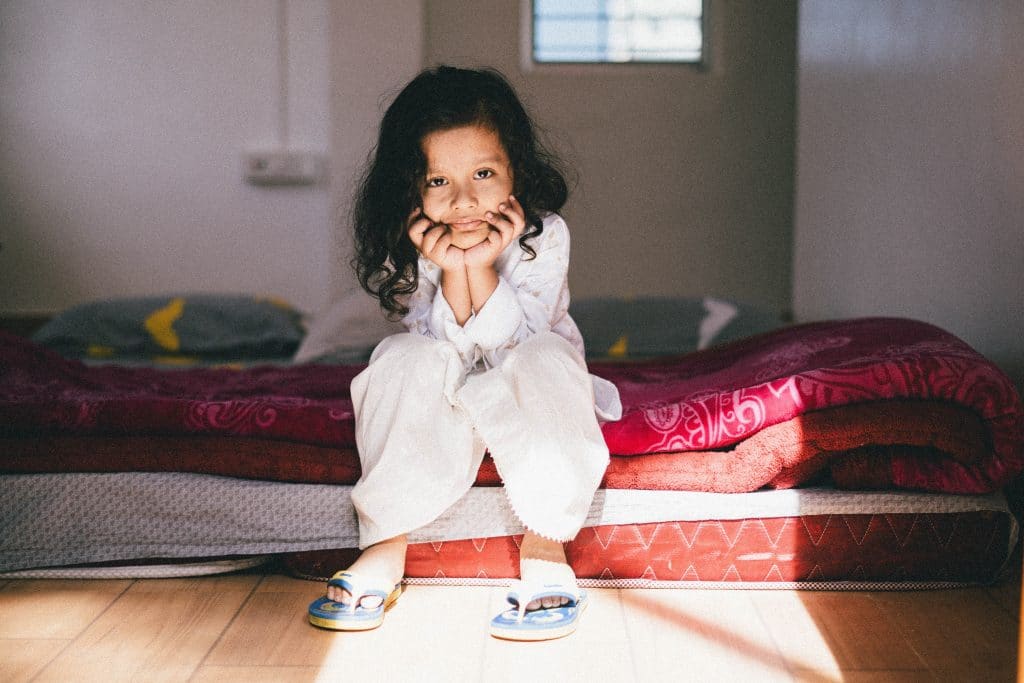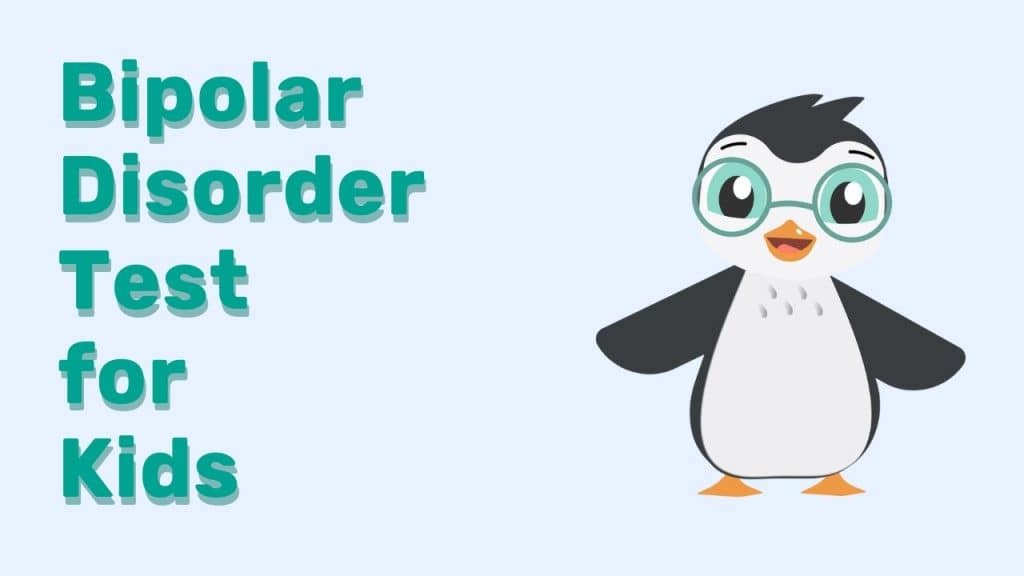As someone who works closely with children, I’ve observed firsthand how challenging it can be for parents to navigate their child’s rapidly changing moods. Parenting already comes with its fair share of unpredictability, but when a child’s emotional shifts seem too intense, it’s natural to wonder if something more serious is at play. For those wary of these symptoms and considering the possibility of bipolar disorder, this blog is designed to provide clarity and aid. Included later is a carefully crafted quiz that can help guide you in understanding your child’s emotional health better.
Table of Contents
Understanding Bipolar Disorder
Bipolar disorder, often called manic-depressive illness, can manifest in various forms. It’s a brain disorder marked by unusual mood, energy, and activity shifts, impacting day-to-day functionality. Let’s shed some light on its two polar sides: depressive and manic phases.
- The Depressive Phase: It’s characterized by feelings of sadness or hopelessness, a lack of energy, difficulty concentrating, and changes in eating and sleeping habits.
- The Manic Phase: This phase features periods of extremely high energy, reduced sleep, rapid speech, and highly ambitious plans. During this phase, kids may exhibit behaviors that are atypical for them.

Read more: Is ADHD a Mood Disorder?
Signs of Bipolar Disorder in Kids
Firstly, a child with bipolar disorder may exhibit ‘manic’ stages characterized by:
- Rapid speech.
- Heightened energy levels.
- Bold, risk-taking behaviors.
However, on the other hand, they might show ‘depressive’ stages that include:
- A lack of enthusiasm in activities they once enjoyed.
- Prolonged periods of sadness.
- Significant changes in appetite and sleeping patterns.
Similarly, these symptoms are not a surefire sign of bipolar disorder, but they could signify that it’s time to seek a bipolar disorder test. Above all, remember that early diagnosis can significantly improve treatment effectiveness.
Can We Test Kids for Bipolar Disorder?
Certainly, testing isn’t something to fear. The catalyst sparks a journey towards better understanding our neurodivergent kids and propelling them towards behavioral development. For instance, Goally’s Skill Building Tablet can aid your neurodivergent kid, providing a much-needed roadmap amidst an ocean of uncertainty.
Bipolar Disorder Test: A Closer Look
So, what does a bipolar disorder test for kids look like? It involves a detailed evaluation of emotions and behavior over time. Although it’s not a blood test or a brain scan, it’s a tool for detection, not a final verdict. Let’s explore this further.
- Interviews with parents and kids: A crucial part of the assessment, their responses provide valuable insights into possible signs of bipolar disorder.
- Evaluation of behavioral patterns: Documenting your kid’s moods, sleep habits, and behavioral changes helps clinicians spot potential signs.

Read more: 5 Emotion Regulation Strategies for Kids
How Can You Cope As A Parent?
As parents of neurodivergent kids, acceptance is the first challenge you’ll probably encounter. Knowledge and acceptance empower you to create an environment that aids in managing the disorder and enhancing your kid’s potential.
- Research & Learn: Basic understanding about the disorder is the key. For instance, knowing about the triggers and how to respond can help you manage your kid’s mood swings.
- Build a routine: Kids with special needs often find comfort in routine. With predictable patterns, you are equipping your child to counter the unexpected changes their disorder throws their way.
- Encourage dialogue: Encourage open conversation. Let them understand that it’s okay to experience these emotions, and there’s help available.
Tired of Emotional Meltdowns?
Goally’s Mood Tuner app has activities for kids with BIG emotions. Teach kids how to tune their mood with Goally. See fewer meltdowns.
The Mood Tuner app encourages kids to look inwards and identify their feelings, helping them understand what’s going on inside. Once they’ve recognized their emotions, they can choose from a 20+ activities designed to help them self-regulate and find their balance.

Facing mental health disorders is challenging, but you are not alone. Many parents find support and guidance through similar experiences. While a bipolar disorder test may seem daunting, it represents an opportunity. Your child is unique and has the potential to thrive. With this information, you can better support your neurodivergent child and enjoy the journey of parenting.
Resources:
FAQs about Is My Child Bipolar Quiz
What are the common signs of bipolar disorder in children?
Common signs include extreme mood swings, hyperactivity, irritability, and periods of depression. However, these symptoms can also overlap with other conditions, making it essential to seek a professional evaluation.
Can a child be accurately diagnosed with bipolar disorder?
Yes, but diagnosing bipolar disorder in children is complex and requires a thorough assessment by a mental health professional. Early and accurate diagnosis is crucial for effective treatment.
How reliable are online bipolar quizzes for children?
Online quizzes can provide initial insights but are not a substitute for a professional diagnosis. It's important to consult a healthcare provider for a comprehensive evaluation.
What should I do if an online quiz suggests my child might have bipolar disorder?
If an online quiz indicates your child may have bipolar disorder, the next step is to seek a professional evaluation. A mental health expert can provide a thorough assessment and recommend appropriate treatment.
Can bipolar disorder in children be managed effectively?
Yes, with the right combination of therapy, medication, and support, children with bipolar disorder can manage their symptoms and lead fulfilling lives. Early intervention and consistent treatment are key.
This post was originally published on Sept. 8, 2023. It was updated on July 18, 2024.

Hennah is an experienced writer and researcher, helping children with autism, ADHD, and other neurodivergent conditions. As a blog contributor for Goally, she combines her deep understanding of neurodiversity with practical advice, offering valuable insights to parents and educators.






